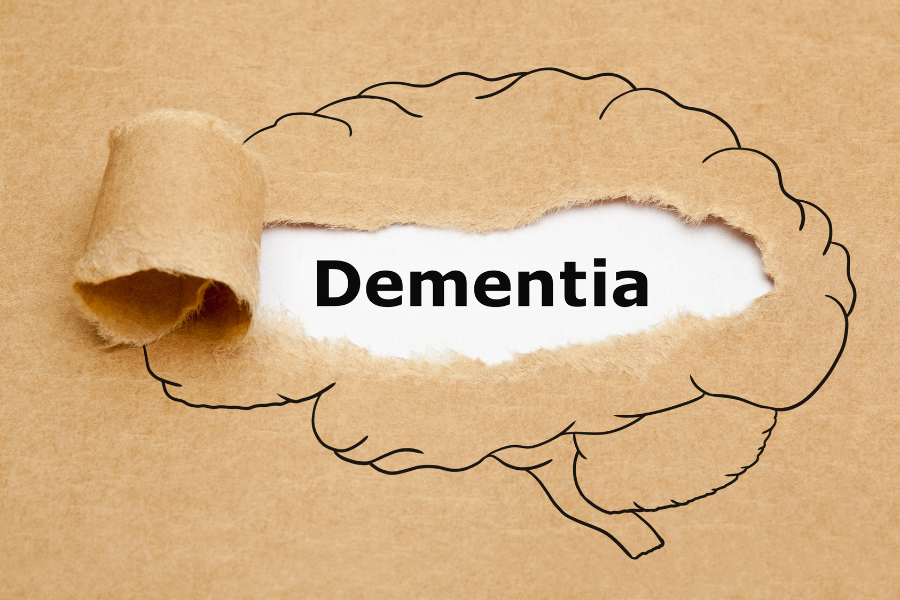
Discover the early signs of dementia in seniors and learn how to identify them to ensure timely intervention and support.
Recognizing the Importance of Early Detection
Recognizing the importance of early detection is crucial when it comes to dementia in seniors. The earlier the symptoms are identified, the sooner intervention and support can be provided. Early detection allows for better management of the condition and can improve the quality of life for seniors with dementia.
One of the key reasons why early detection is important is because it helps in ruling out other potential causes of the symptoms. Some symptoms of dementia, such as memory loss or cognitive challenges, can also be caused by other factors like stress, medication side effects, or vitamin deficiencies. By recognizing the early signs of dementia, healthcare professionals can conduct thorough evaluations and diagnostic tests to confirm the diagnosis and ensure the appropriate treatment and support are provided.
Memory Loss and Cognitive Challenges
Memory loss and cognitive challenges are among the most common early symptoms of dementia in seniors. Seniors with dementia may experience difficulty in remembering recent events or conversations. They may forget appointments, struggle with finding the right words, or have trouble following instructions.
In addition to memory loss, cognitive challenges can also manifest in difficulties with problem-solving, decision-making, and concentration. Seniors with dementia may struggle to solve simple problems or make decisions that were previously easy for them. They may also find it hard to focus on tasks or conversations and may get easily distracted. These changes in memory and cognitive abilities can significantly impact the daily life and independence of seniors.
Changes in Behavior and Personality
Dementia can also cause notable changes in behavior and personality in seniors. These changes can be subtle at first but may become more pronounced over time. Seniors with dementia may exhibit increased irritability, agitation, or aggression. They may become more anxious or paranoid and may experience mood swings.
Changes in behavior can also include social withdrawal, decreased interest in previously enjoyed activities, or a loss of initiative. Seniors with dementia may become apathetic and lose motivation to engage in hobbies or social interactions. These changes can be distressing for both the seniors themselves and their caregivers or family members.
Communication Difficulties and Language Impairment
Communication difficulties and language impairment are common symptoms of dementia in seniors. Seniors may struggle to find the right words or may use incorrect words in their speech. They may have difficulty following conversations or understanding complex instructions.
As dementia progresses, seniors may also experience challenges in expressing themselves effectively. They may have trouble organizing their thoughts or maintaining coherent conversations. These communication difficulties can lead to frustration and isolation for seniors, as well as difficulties in their relationships with others.
Impaired Problem-Solving and Decision-Making Skills
Impaired problem-solving and decision-making skills are another early symptom of dementia in seniors. Seniors may struggle with planning, organizing, and executing tasks that require logical thinking or problem-solving abilities. They may find it challenging to handle finances, manage household chores, or navigate familiar routes.
Impaired decision-making skills can also manifest in poor judgment or risky behaviors. Seniors with dementia may make impulsive or inappropriate decisions without considering the potential consequences. These difficulties in problem-solving and decision-making can significantly impact the independence and safety of seniors.